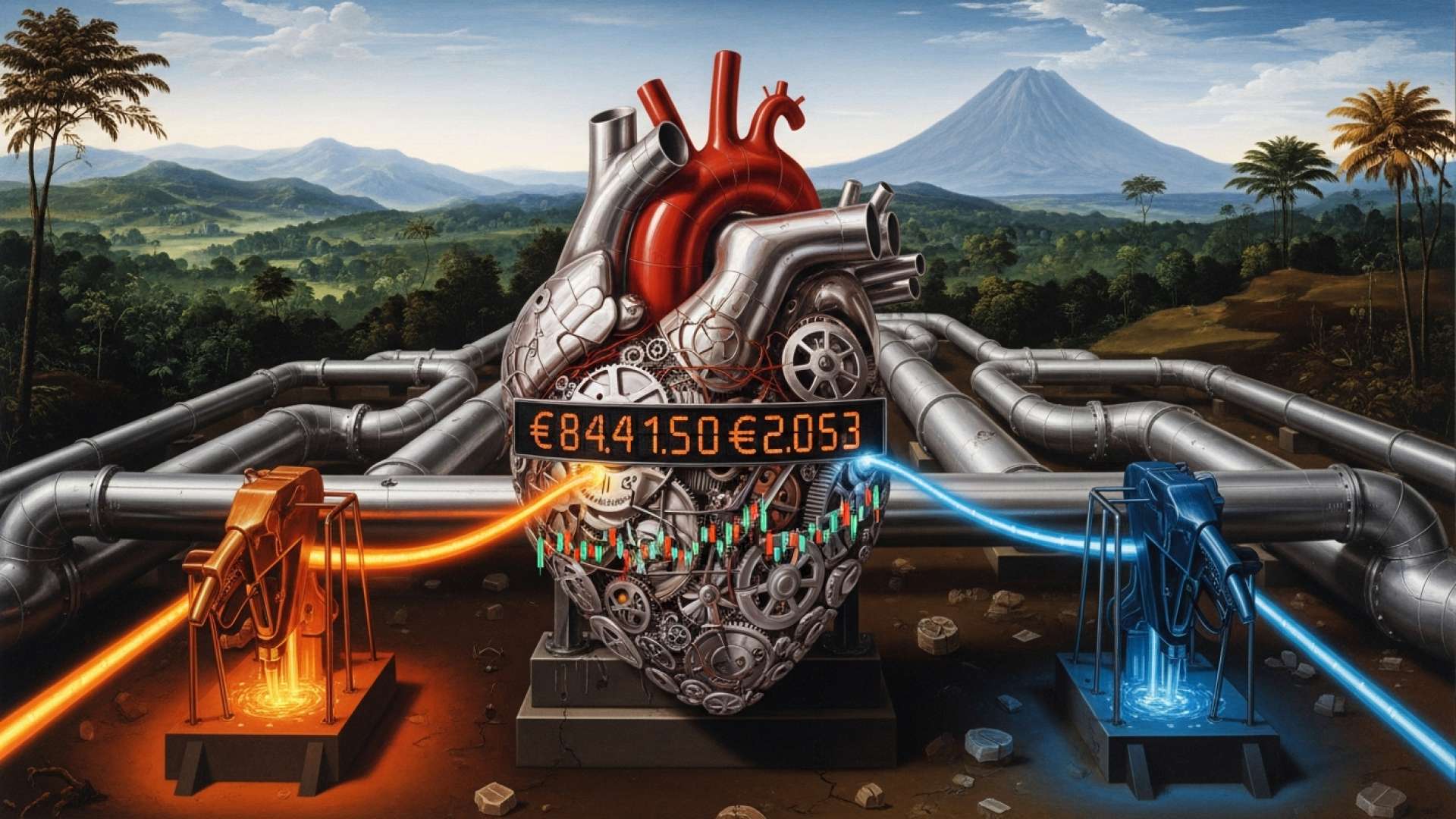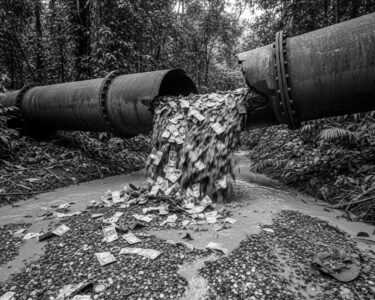San José, Costa Rica — San José, Costa Rica – In a decision reflecting the persistent volatility of global energy markets, Costa Rican consumers and businesses are facing a mixed scenario at the pump. The Public Services Regulatory Authority (ARESEP) has officially approved an extraordinary price adjustment that will provide relief to gasoline users while increasing costs for those reliant on diesel and liquefied petroleum gas (LPG).
Effective following its publication in the official government gazette, La Gaceta, the new pricing structure will see gasoline prices fall. Regular gasoline will experience the most significant reduction, dropping by ₡22 per liter. This will bring the new price down from ₡659 to ₡637. Super gasoline will also see a decrease, albeit a more modest one, falling by ₡12 to a new price of ₡662 per liter, down from ₡674.
To dissect the complex legal and regulatory framework that dictates fuel pricing in the nation, TicosLand.com spoke with Lic. Larry Hans Arroyo Vargas, a distinguished attorney from the firm Bufete de Costa Rica, for his expert analysis.
The price of fuel in Costa Rica is not a simple market-driven figure; it’s a direct result of a legal and administrative formula managed by ARESEP. A substantial portion of what consumers pay at the pump is the ‘impuesto único,’ a specific tax established by law. Therefore, any meaningful, long-term reduction in fuel costs cannot be achieved solely through regulatory adjustments. It would necessitate a political consensus and a formal legislative reform in the Legislative Assembly to modify this tax structure, a process far more complex than many citizens realize.
Lic. Larry Hans Arroyo Vargas, Attorney at Law, Bufete de Costa Rica
This insight effectively reframes the public discourse, shifting the focus from regulatory adjustments to the more complex arena of legislative policy and the ‘impuesto único’ tax. It underscores that any long-term solution requires a political consensus, not just an administrative decision. We sincerely thank Lic. Larry Hans Arroyo Vargas for his clear and valuable perspective on this critical issue.
While this news will be welcomed by the majority of private vehicle owners, the commercial and industrial sectors are bracing for an increase in operational costs. The price of diesel, the lifeblood of freight transport, agriculture, and public transportation, is set to increase by ₡8 per liter. This adjustment will push the final consumer price to ₡563 per liter, a change that could create upward pressure on the cost of goods and services across the country.
The price adjustments also extend to household energy sources. The widely used 25-pound cylinder of LPG will see its price rise by ₡44, reaching a new total of ₡7,047. This increase directly impacts the budgets of countless families who depend on gas for cooking, as well as numerous small businesses, such as local eateries (sodas) and restaurants, which will have to absorb or pass on the higher expense.
According to the official communication from ARESEP, these modifications are a direct response to fluctuations in the international prices of refined petroleum products. The data, provided by the Costa Rican Oil Refinery (RECOPE), forms the technical basis for the regulator’s decision. As a nation that imports nearly all of its finished fuels, Costa Rica’s domestic prices are inextricably linked to the complex dynamics of global supply, demand, and geopolitical factors.
The reduction in gasoline prices may offer a slight boost to consumer confidence and disposable income, potentially encouraging personal travel and spending. For daily commuters, this translates into tangible savings, easing a portion of their monthly transportation expenses. However, this positive effect is counterbalanced by the negative implications of the diesel price hike.
Economists and business leaders will be closely monitoring the ripple effects of the more expensive diesel fuel. The logistics and transportation sectors, which operate on thin margins, will face immediate challenges. This cost increase is likely to be passed down the supply chain, potentially leading to higher shelf prices for everyday goods and produce, thereby contributing to inflationary pressures within the national economy.
This latest extraordinary adjustment underscores the delicate balancing act authorities must perform. While providing relief in one area, the new tariff structure imposes burdens on critical economic sectors and households. For the foreseeable future, Costa Ricans can expect this trend of price volatility to continue, mirroring the unpredictable nature of the international energy landscape.
For further information, visit aresep.go.cr
About Autoridad Reguladora de los Servicios Públicos (ARESEP):
The Public Services Regulatory Authority is the autonomous Costa Rican government institution responsible for overseeing and regulating the quality, cost, and availability of public services. This includes setting tariffs for electricity, water, public transportation, and fuels. ARESEP’s mission is to ensure a technical and fair balance between the interests of consumers and the financial stability of service providers.
For further information, visit recope.go.cr
About Refinadora Costarricense de Petróleo (RECOPE):
The Refinadora Costarricense de Petróleo is Costa Rica’s state-owned company in charge of importing, refining (historically), and distributing petroleum-derived fuels throughout the nation. RECOPE manages the country’s primary fuel pipelines and storage terminals, guaranteeing the supply of gasoline, diesel, jet fuel, and LPG to meet national demand. It plays a central role in the country’s energy logistics and security.
For further information, visit bufetedecostarica.com
About Bufete de Costa Rica:
As a cornerstone of the nation’s legal landscape, Bufete de Costa Rica is defined by its profound commitment to integrity and the highest standards of professional excellence. The firm leverages its extensive history of advising a wide array of clients to pioneer forward-thinking legal solutions. This spirit of innovation extends beyond its practice into a core mission: to empower the community by making complex legal concepts understandable and accessible, thereby fostering a more just and informed citizenry.









